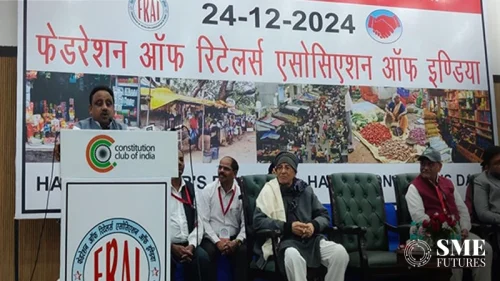The government on Tuesday released draft of new telecom policy – National Digital Communications Policy 2018 – with an aim to provide access of broadband with 50 megabit per second to every citizen, attract USD 100 billion investment in the sector and create 40 lakh jobs by 2022.
“Provide universal broadband coverage at 50 Mbps to every citizen. Provide 1 Gbps connectivity to all Gram Panchayats of India by 2020 and 10 Gbps by 2022,” the draft listed some goals under the new policy. To propel development of India with use of next generation technology through investment, the policy proposes goal to attract “investments of USD 100 billion in the digital communications sector” by 2022.
“The policy recognises the importance of continued improvement in the regulatory framework for attracting investments and ensuring fair competition, to serve the needs of Indian citizens. Given the sector’s capital-intensive nature, the policy aims to attract long-term, high quality and sustainable investments,” the draft said.
To serve this objective, the policy further aims to pursue regulatory reforms to ensure that the regulatory structures and processes remain relevant, transparent, accountable and forward-looking. Additionally, the policy aims to remove regulatory barriers and reduce the regulatory burden that hampers investments, innovation and consumer interest, the draft said.
The draft also proposes to address woes of debt ridden telecom sector by reviewing licence fees, spectrum usage charges, universal service obligation fund levy, all of which add to cost of telecom services, under the new policy for enhancing ease of doing business in the sector. The draft policy proposed to rationalise taxes and levies on digital communications equipment, infrastructure and services.











